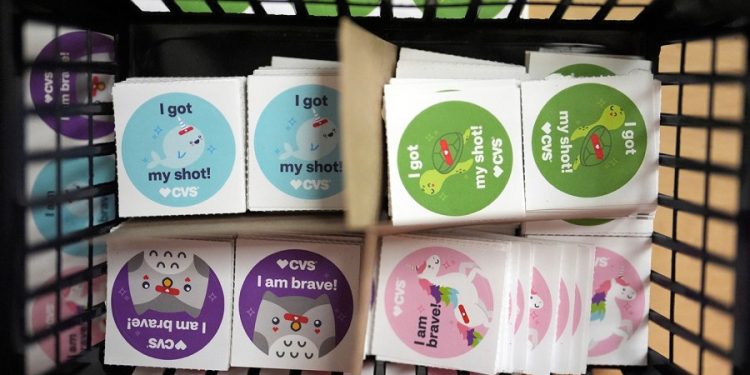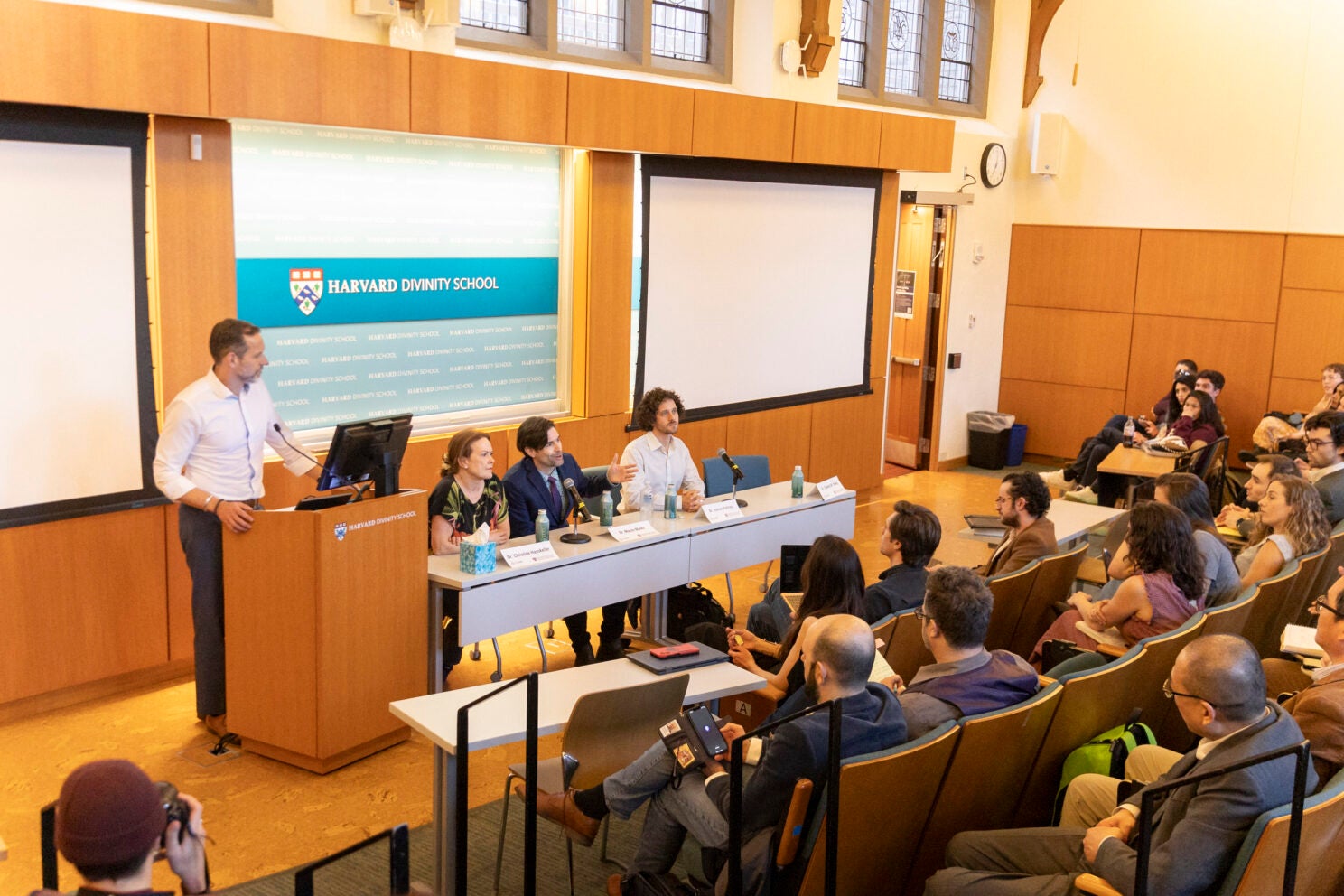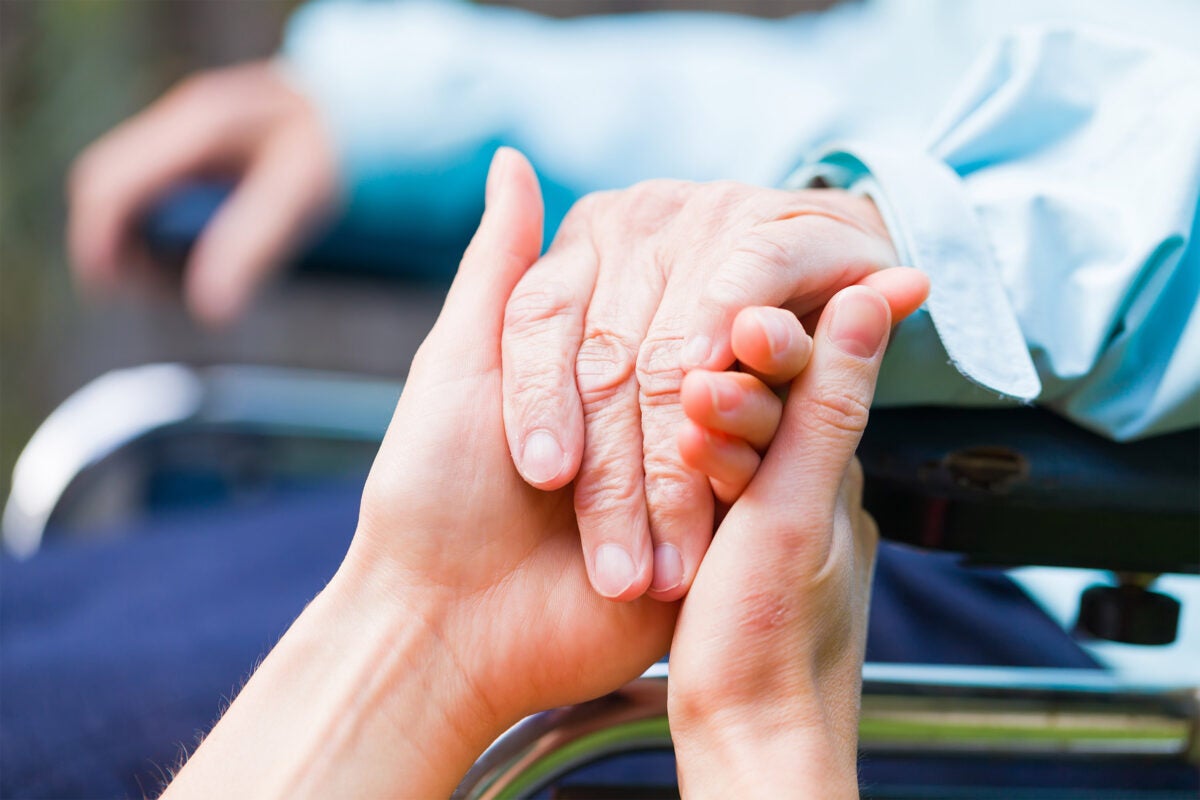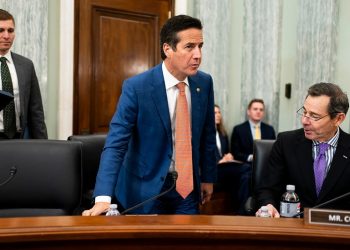Florida’s announcement that it would scrap public school vaccine mandates next year hit Elizabeth particularly hard. Her 11-year-old daughter suffers from a rare immunodeficiency disorder that requires biweekly plasma infusions to provide some protection against disease.
But she can still be out of school for 50 days during the school year — and Elizabeth is worried that falling vaccine rates will make their situation far worse.
“By taking the mandate away, you’re telling people that you don’t care whether they get the vaccines or not. So why would a parent of a healthy kid want to do it?” she asked. “They need to do it for the other people in their lives who could be in danger.”
Florida Surgeon General Joseph Lapado announced in September that, starting in January, the state would no longer require school-aged children to receive vaccines, such as those that protect against chickenpox, hepatitis B, HiB and Strep.
Epidemiologists have warned that the lack of mandate could prompt the resurgence of long-gone diseases and hurt the local economy.
Elizabeth, who asked to use only her first name due to privacy concerns, said she’d “love” to move back to Massachusetts, where she used to live, but that her extended family lives in the Lake Worth area.
“My child care support system is here at the moment,” she said. “We have to deal with living here.”
Sonja Rasmussen, an infectious disease doctor who worked at the Centers for Disease Control and Prevention (CDC) for 20 years, said vaccines are a victim of their own success, having effectively eliminated diseases ranging from measles to polio.
“I think vaccines, because they’ve been so successful, people think we don’t need those anymore. And I think that’s where the concern is,” she said.
“I’m worried [that] we’re going to see this re-emergence of these diseases that we haven’t seen for decades with the withdrawal of these requirements,” she added.
In a press conference earlier this fall, Lapado compared vaccine mandates to slavery, explaining that his rollback was meant to restore rights to parents. The surgeon general admitted he didn’t run data projections on the public health impact of the move.
“We’re not taking vaccines away from anyone. If you want them, you can have as many as you want, and if you don’t want them, parents should have the ability and power to decide what goes into their children’s body,” he said during a CNN interview soon after the announcement.
“So, do I need to analyze whether it’s appropriate for parents to be able to decide what goes into their children’s bodies? I don’t need to do an analysis on that,” he added.
Jason Salemi, chair of the epidemiology department at the University of South Florida, said the risks were stark.
“Once herd immunity dips below [95 percent], we, of course, worry about a risk of outbreaks,” he said. “Dropping requirements would increase exposure risk for people who might have immunocompromised statuses.”
He noted that children who have cancer may have a higher risk of falling ill, adding that kids living with multigenerational families could also spread diseases to older adults.
“You could have these different diseases that are protected by vaccines starting to then spill over into people outside of the school setting,” Salemi continued.
Even President Trump has suggested Florida should “be careful” about straying too far from the status quo on vaccine mandates.
“It’s a very tough position,” he said of Ladapo’s announcement. “Look, you have vaccines that work. They just pure and simple work. They’re not controversial at all, and I think those vaccines should be used, otherwise some people are going to catch it, and they endanger other people.”
But Ladapo’s move is not without its supporters. It is in line with a general vaccine skepticism being spread by Trump’s Health Secretary Robert F. Kennedy Jr., who formerly led an anti-vaccine legal group.
Martin Kulldorff, who chairs the Centers for Disease Control and Prevention’s Advisory Committee on Immunization Practices (ACIP), said this week that mandates are “not necessary.”
“ACIP should make recommendations based on what we think is best for children. I don’t think we should be involved at all in mandating any vaccines. That’s not our role,” he told Politico.
While Trump and other Republicans in Washington have suggested some discomfort with Florida’s plans, Ladapo and Gov. Ron DeSantis (R) have shown no signs of reversing course.
Simone Gold, a Florida-based emergency physician who is the president of America’s Frontline Doctors, a right-leaning organization that’s known for being against COVID-19 safety protocols, hopes that Florida sets a precedent for others to get rid of their own vaccine requirements.
“I think having mandates is the worst thing we can do to Americans…The diseases that they’re telling you are such boogeyman, terrible things that you need to take a shot to protect [yourself is] not true. The vast majority of measles cases are no big deal,” she said.
“I’m very against the government forcing medical therapeutics on people,” she added.
Gold was sentenced to 60 days in prison after storming the Capitol during the Jan. 6 insurrection. She was among those pardoned by Trump early in his second term.
Debby Bleznak of Delray Beach, who’s a part of a Facebook group called The Vaccine Free Child, says she faced criticism from pediatricians when she opted her children, who are now in their 20s, out of vaccines.
She said parents who want to vaccinate their children shouldn’t worry about what other parents are doing.
“If you are vaccinated, you shouldn’t be worried about someone that’s not vaccinated if the vaccines work,” she said. “It doesn’t mean that we don’t want you to have the vaccines, because if you want them, you can get them. But you need to be educated.”
Some outbreaks, like measles in Texas earlier this year, have largely impacted unvaccinated children, leading to almost 100 hospitalizations and two deaths of school-aged kids.
Low vaccination rates were the main contributing factor, with only 14 percent of kindergarteners receiving the measles vaccine in West Texas, according to the Brown University School of Public Health.
The public health fears and economic impact radiated throughout the community.
The outbreak cost Texas more than $35 million in direct medical care, public health response and indirect societal losses, according to American Freedom Forum, a center-right think tank that conducts economic and fiscal research.
An outbreak of infectious diseases in Florida could also cause people outside the state to think twice about vacationing in the state. In 2024, the Sunshine State saw 143 million visitors, one of the most in the country.
Former Florida Surgeon General Scott Rivkees, who served under DeSantis during much of the COVID-19 pandemic, criticized his successor over his planned changes to vaccine mandates.
He said the impact on students like Elizabeth’s child should be front of mind.
“It is essential to recognize that calls for personal freedom and choice when it comes to vaccines trample on the liberty and the rights of others,” he wrote. “Having large numbers of children vaccinated by requiring immunization for entry to public school protects those who cannot be vaccinated or have insufficient immunity.”
Rana Alissa, the president of Florida’s Chapter of the American Academy of Pediatrics, echoed this sentiment, framing the lack of mandate as an “unfair” infringement on families, like Elizabeth’s, to live freely.
“These are the vulnerable people, they are not going to be able to go to amusement parks, theaters, convenience [or] grocery stores,” she said. “[They’ll] never know which person who’s going to give them a virus that’s going to kill them.”
“We’re talking about losing lives here,” she added.















